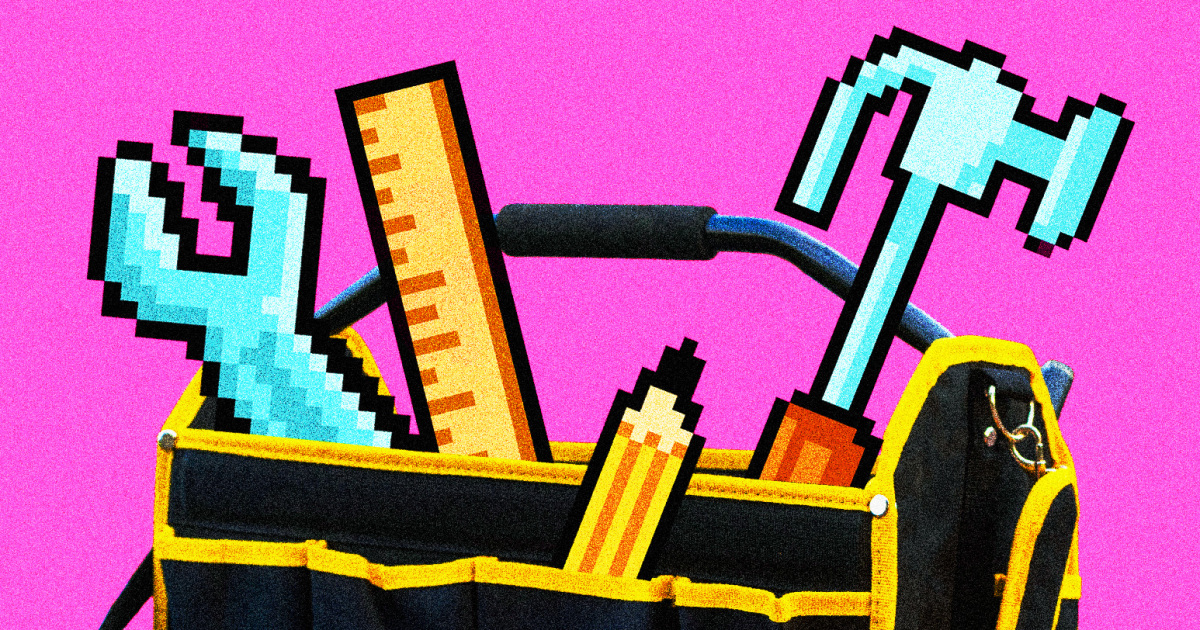There is no shortage of hype around AI coming for jobs, and while the U.S. labor market has begun to sputter, hard evidence of AI-related job losses is scarce.
Geoffrey Hinton’s message on a recent podcast about artificial intelligence was simple: “Train to be a plumber.”
Hinton, a Nobel Prize-winning computer scientist often called “the Godfather of AI,” said in June what people have now been saying for years: Jobs that include manual labor and expertise are the least vulnerable to modern technology than some other career paths, many of which have generally been considered more respected and more lucrative.
“I think plumbers are less at risk,” Hinton said. “Someone like a legal assistant, a paralegal, they’re not going to be needed for very long.”



I use it daily, and I liken it to creative directing a fairly junior developer who has very little creativity or ability to think outside the box I build for it.
That said, I also remember when computers themselves were new and people were equally excited and equally skeptical. AI will improve. A lot. People will lose jobs, and jobs will be obsoleted in the same way nobody’s apprenticing as a type founder or letterpress mechanic.
I’m not too worried about there just suddenly being nothing for anyone to do anymore.
I agree. As usual, the answer lies somewhere in the middle. The investor class says it’ll replace everything, and pushback on the internet says it’ll replace nothing. Junior developer is definitely an apt comparison, and while they have gotten a little more coherent, my eyes have started to glaze over with the release every new model claiming to be “the one”.
The one thing the internet is bang on about is the intellectual property theft. Funny how all those laws and penalties that the likes of Disney and the MPAA pushed with millions of dollars of penalties for even small infractions never land when it’s investors gaining and true creatives losing.
That’s an awesome take, finally someone with some experience and sense rather than “AI bad”.
That said, what’s realistically happening is one person who’s already in the industry is using AI, meaning that a new hire is no longer needed because their productivity increased.
What’s left for that computer science graduate that would have been the new hire that never happened? Blue-collar jobs indeed. There is much work to be done, just not the work that they had hoped for by going into +$80k in debt.
I don’t think juniors are going away. Maybe one less position or intern on a team. The thing is AI never gets any better, people do. Also a junior using AI might just be more productive while learning the core skills. A proposition I’m banking on by taking a new position leading a team and helping them leverage AI.
AI has absolutely gotten better by a significant amount over the last 2 years.
Different kind of better than I’m talking about.